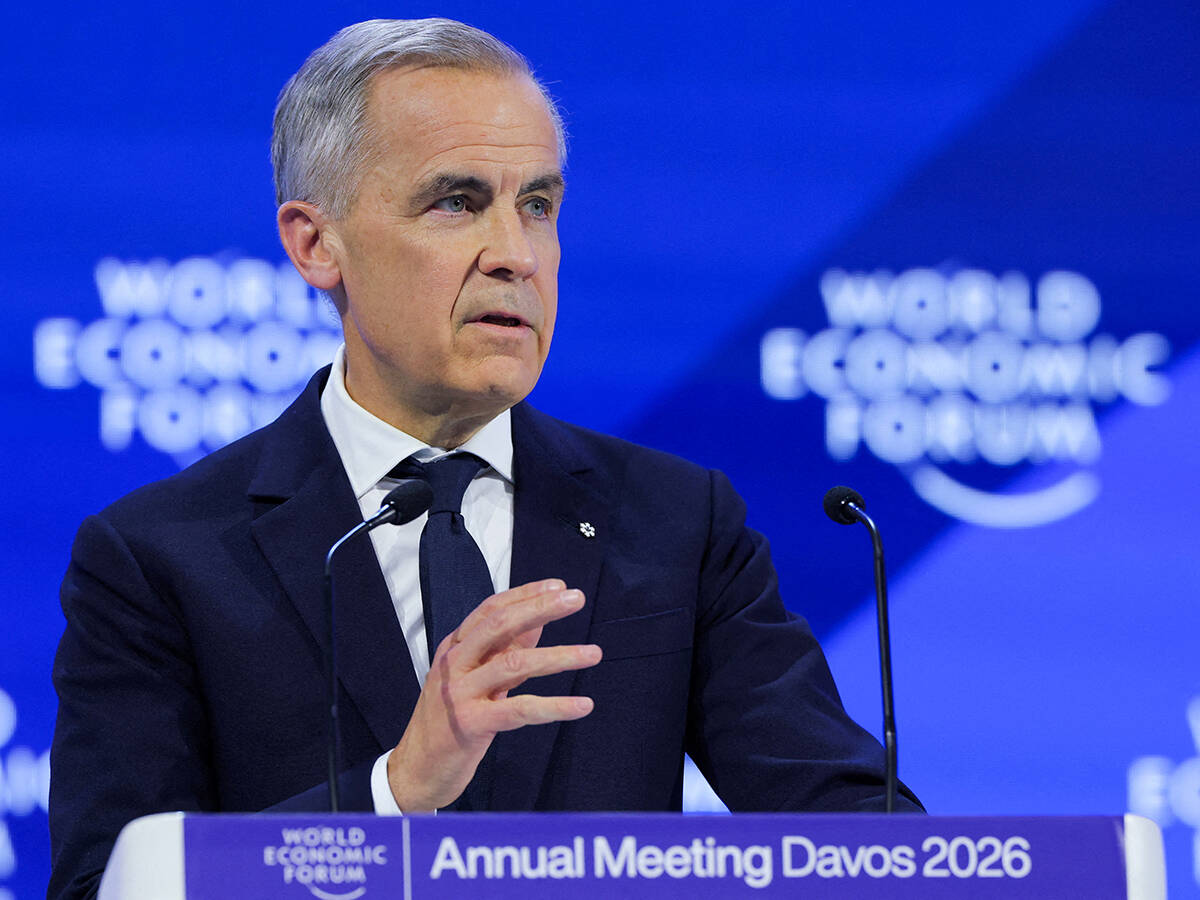Testimony by Minnesota Farm Bureau president Kevin Paap to the U.S. House Ways and Means subcommittee on trade, Washington, D.C., July 18.
Agricultural exports are important economic drivers. Once you lose a market, it is really tough to get it back. In 2017, we exported $140 billion in farm products, which is $21 billion more farm products than we imported. We cannot afford to lose our place as a leader in the agricultural global marketplace.
Tariffs are severely impacting our three largest markets, which are Canada, Mexico and China.
Read Also

Canadian agriculture has to back up diverse trade if it wants it
Cheap and easy access to U.S. trade is a relic of the past and market diversification is expensive: What’s Canadian agriculture to do?
- Read more: G20 ag ministers slam protectionism, pledge WTO reforms
- Read more: NAFTA teams ready to ‘start solving’ stalled issues, Mexico says
In 2016, agricultural and food exports accounted for nearly one-third of Minnesota’s total merchandise exports. Specifically, more than 24 per cent of all Minnesota agricultural exports go to Canada and nearly 24 per cent of all Minnesota agricultural exports go to Mexico.
President Trump often talks about our need to export more things that we make, but from a rural America perspective, we also need to export more of the things we grow. U.S. agriculture carried a favourable trade balance, a surplus of $17 billion in 2017. Minnesota farmers recognize that more than 95 per cent of the world’s population lives outside of the United States and that we have the ability to reach customers outside of our borders through protecting, modifying and modernizing our current trade agreements and expanding market opportunities through new free trade agreements.
Minnesota Farm Bureau strongly believes that we need to resolve trade concerns before resorting to tariffs. It is critical that we limit trade disruptions and resolve trade disputes through negotiations, not tariffs or withdrawals from other trade agreement discussions. Once you lose a market, it is really hard to get it back.














